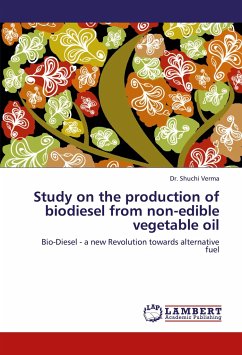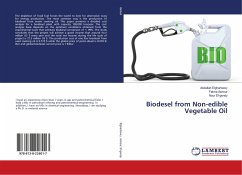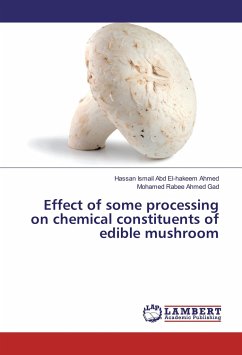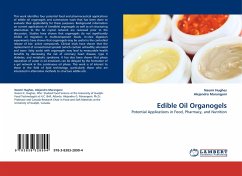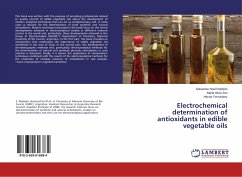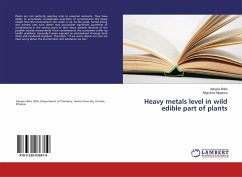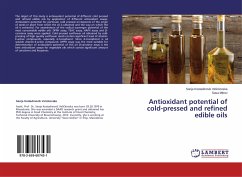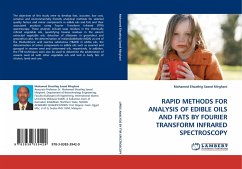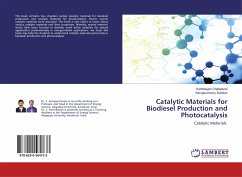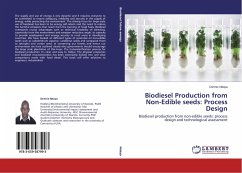
Biodiesel Production from Non-Edible seeds: Process Design
Biodiesel production from non-edible seeds: process design and technological assessment
Versandkostenfrei!
Versandfertig in 6-10 Tagen
47,99 €
inkl. MwSt.

PAYBACK Punkte
24 °P sammeln!
The supply and use of energy is very dynamic and it requires everyone to be committed to ensure adequacy, reliability and security in the supply of energy, while protecting the environment. The driving force for large-scale use of biodiesel has been to be energy self-reliant and the need to reduce the harmful emissions that result from the burning of fossil fuels. Biodiesel commands crucial advantages such as technical feasibility of blending, superiority from the environment and emission reduction angle, its capacity to provide employment and energy security to rural areas in developing count...
The supply and use of energy is very dynamic and it requires everyone to be committed to ensure adequacy, reliability and security in the supply of energy, while protecting the environment. The driving force for large-scale use of biodiesel has been to be energy self-reliant and the need to reduce the harmful emissions that result from the burning of fossil fuels. Biodiesel commands crucial advantages such as technical feasibility of blending, superiority from the environment and emission reduction angle, its capacity to provide employment and energy security to rural areas in developing countries. We have looked at different types of potential oil non-edible seeds such as calodendrum capense, candlenut seeds and compared them to Jatropha and croton seed. In conserving our forests and hence our environment we have outlined clearly why governments should encourage the large scale plantation of this trees. The transesterification process for biodiesel production it's clear and easyto follow. The physical properties and biodiesel characterization has been extensively looked into and clear comparisons made with fossil diesel. This book will offer solutions to engineers, industrialists



